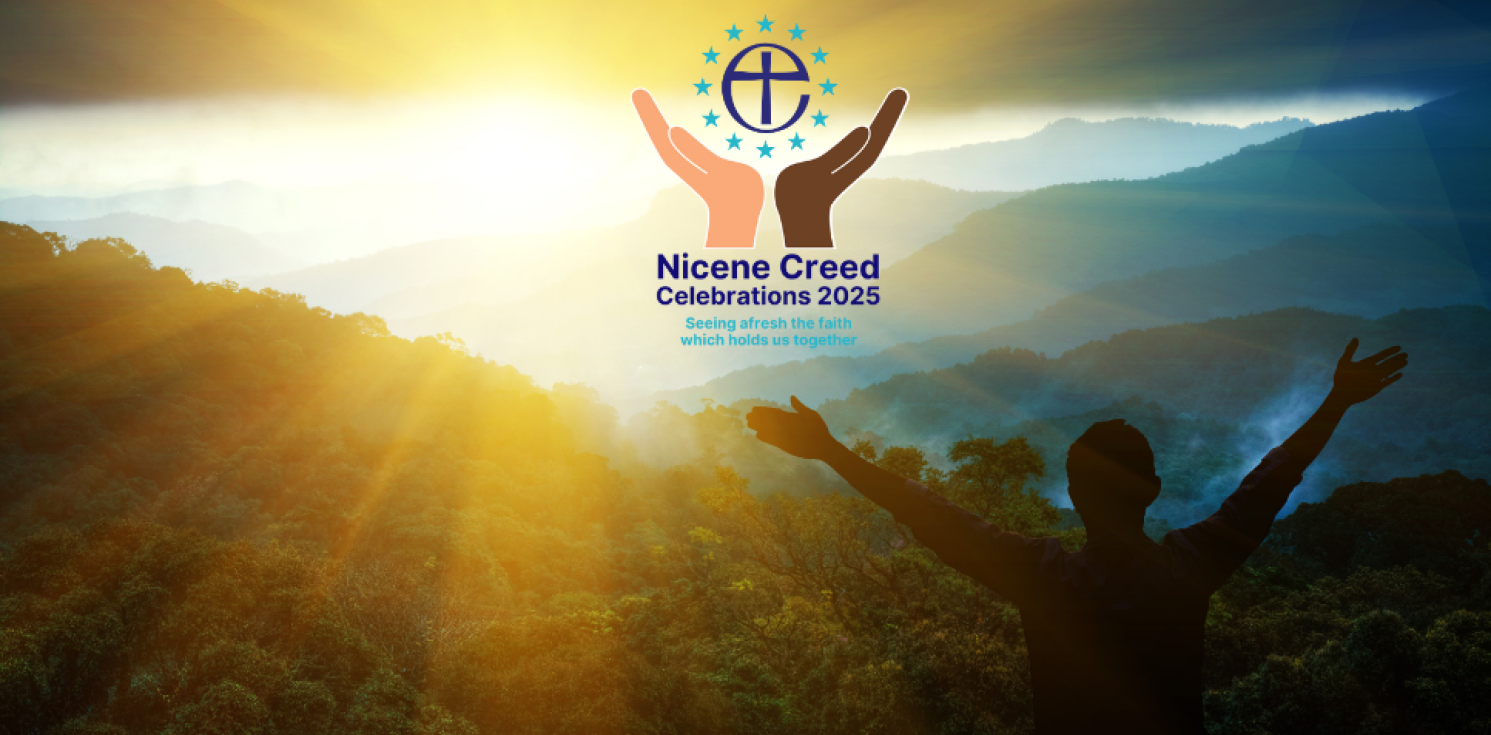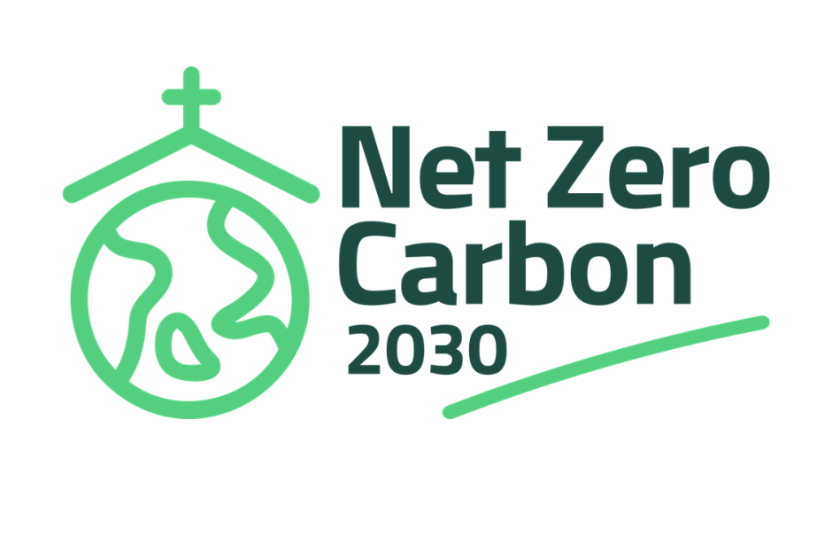Creationtide reflections on the Nicene Creed

Featuring resources you may find useful for Creationtide, which begins on 1st September
What does the Nicene Creed have to say to us about the environment?
This Creationtide in the special anniversary year of the Nicene Creed, we are happy to share some reflections on this. These can be used to reflect individually, or used as a small group or as part of your worship.
Created by Rev Annie Bolger (Assistant Chaplain in Norway), you can access the resources on the link below.
'The idea that humans are yet intelligent enough to serve as stewards of the Earth is among the most hubristic ever.'
James E. Lovelock, In The Revenge of Gaia: Earth’s Climate Crisis & The Fate of Humanity (2006, 2007), 195.
Scientist James Lovelock, proposer of the 'Gaia Hypothesis' which posits that the Earth herself is best understood as a living creature, throws down the gauntlet to Christians (and others) who maintain that we are charged with and capable of looking after creation. In 'The Historical Roots of Our Ecological Crisis', an article published in Science by Lynn White Jr. in 1967, he suggests that “especially in its western form, Christianity is the most anthropocentric religion the world has seen”. He goes on to note in the article that the reason for this is that the God of Christianity is a removed, transcendent God. Since human beings are thought of as this God’s representatives on Earth, they can never feel quite at home on the Earth.
But is this right?
Properly understood, the Nicene Creed can offer Christians a theological underpinning for the importance of caring for creation that goes beyond the (arguably) 'hubristic' notion of stewardship.
This series of essays explore various aspects of the Creed through the lens of the Season of Creation. The topics are:
• One God : we believe in one God
• Jesus Christ : through him all things were made
• Holy Spirit : the giver of life
• Resurrection & Life : the resurrection of the dead and the life of the world to come
This resource can be used in numerous ways. There are some guidelines for using the material with a small group, and you may like to close each session with the related worship resources, offered in a separate pdf. These worship resources could also be used by small groups studying other material who are keen to give some attention to Creationtide in their prayer times. Each section can be read by individuals for theological enrichment or used in sermon preparation. The discussion questions at the end can prompt personal reflection as much as group discussion.
Rev Annie Bolger says, "The Gospel is the good news of the healing of creation, and we affirm this Gospel each week in the words of the Nicene Creed. It's a joyous and challenging task to take a closer look at the creation theology offered in the Nicene Creed. We hope that this resource will equip individuals and chaplaincies alike to revisit the foundational doctrines that ground Christian climate action in hope. I would also like to thank the other contributors to this resource: the Revd Dr Jacob Quick, who has written the chapter on 'One God', and the contributions of Canon Dr Clare Amos, Revd Evelyn Sweerts-Vermeulen, and Susi Doherty.”
The Nicaea Working Group is delighted to commend this resource to you, because'
'In different ways each of us has a calling, is being summoned, to put our talents, passion, and insights into planetary well-being. Ecology is not an extracurricular activity; rather, it must be the focus of one's work, the central hours of one's day, however that is spent.'
Sallie McFague, The Body of God: An Ecological Theology
To access the course, see here: Nicaea and Creation


